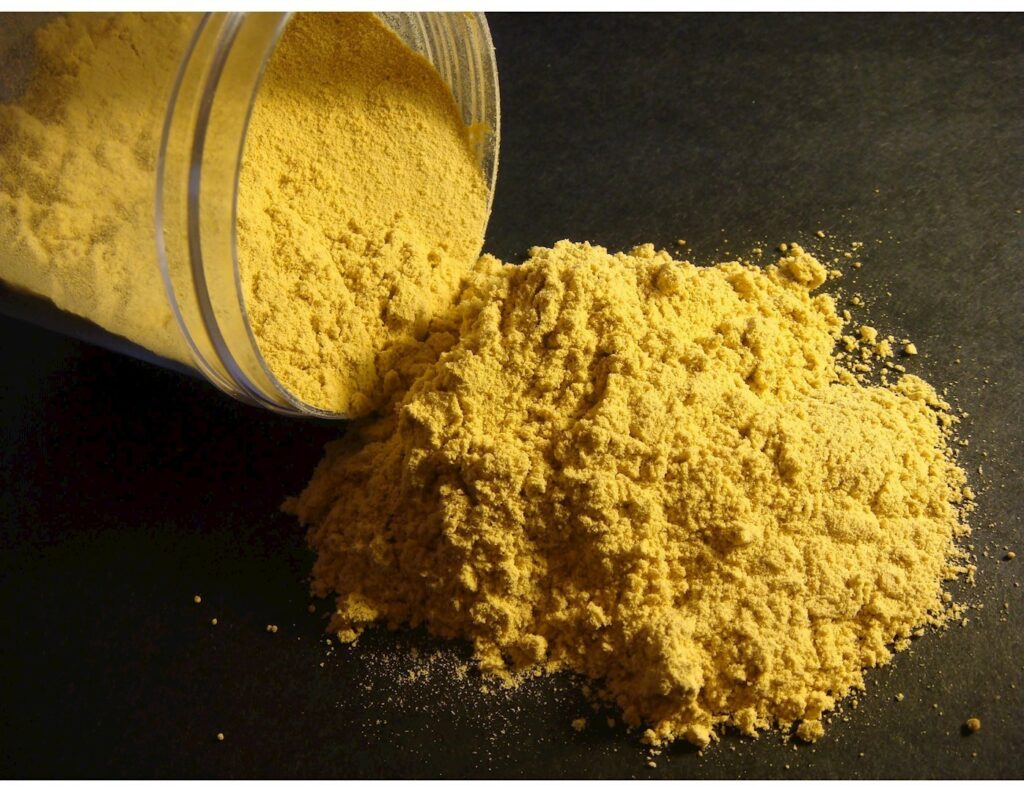The changing face of ethanol co-products and the EU Green Deal
In this ePURE Member Spotlight column, P. Williams of Fluid Quip Technologies writes on an overlooked benefit of renewable ethanol production: a reliable domestic source of high-quality protein animal feed capable of replacing soybean meal.
A valuable alternative protein grain-based feed ingredient might not be the first product that springs to mind in terms of bioethanol co-products, but this is certainly the future for the grain bioethanol industry.
There is a robust scientific literature behind the nutritional use of Distillers Dried Grains and Solubles (DDGS) but little if any behind the original concept and production of the product. Indeed, the first reference to DDGS goes back to the late 18th century and the product has remained fundamentally unchanged since.
In Europe, bioethanol refineries already contribute to food security by co-producing animal feed in addition to low-carbon fuel. But these refineries have exciting prospects to contribute even more to EU Green Deal objectives – turning the production of low-carbon fuel into a more integral part of domestic food production and reducing the need for imports.
While soybean meal tends to be globally the first choice in protein for livestock feed, it is now well recognized that the product is not the ideal choice for all feed formulations, particularly for aqua nutrition and feed for dogs and cats. Furthermore, there are serious sustainability concerns regarding the use of soybean meal in terms of deforestation in South America and the transport miles associated with the product. Could an alternative high-quality grain protein from the bioethanol industry be the European ideal replacement and solution?
The proven technology to produce an alternative grain, high 50% protein product from the dry grind ethanol process has been achieved by a group of experienced U.S. engineers (Fluid Quip Technologies), adapting proven technology from the corn wet grind process. The bolt-on turn-key process (Maximized Sillage Co-products: MSC™) has been running for the past ten years in the U.S. and Brazil and now with six plants in operation and a further three in engineering and construction, over 600 ktons per annum of the product will be produced in 2021.
Paradigm shift
The introduction into the animal feed market of a new high-value grain protein is the paradigm shift offered by this process. Grains are not traditionally considered protein crops however simple concentration of the grain protein is the avenue to extracting more value from the grain kernel and entry into the lucrative high-protein, high-value, animal feed markets.
To date the dry grind bioethanol plant has not been adequately recognized for producing a high-protein product let alone a yeast production facility. Yeast is a very valuable nutritional supplement. A medium-sized dry grind bioethanol plant will generate approximately eight thousand tons of spent yeast per annum.
The MSC™ system captures over 90% of the spent yeast generated in bioethanol fermentation, in the high protein product. Proteins with added biological functionality are sought by the animal feed industry and can provide benefits which contribute to management strategies that reduce the use of antibiotics in animal production. The 50% grain protein product has the additional advantage that 25% of the dry matter is spent yeast, making the protein a functional protein. The grain protein is highly digestible, with excellent amino acid composition and a higher protein concentration than soy bean meal.
A European dimension
Produced in greater commercial quantities the protein can be a proven alternative feed protein to partially replace imported soybean meal and soybean concentrate products in feed formulation. The product has significant nutritional benefits over legume (soybean and rapeseed) proteins and based on current use is ideal for formulation in diets for aquaculture and pets.
Produced from European non-GM crops, the protein is an ideal supplement in aquaculture diets for salmon where the presence of the yeast is an added functional benefit. Moreover, production of a new high value alternative non-GM protein from a European bioethanol plant goes hand-in-hand with the European Green Deal roadmap, increasing European self-sufficiency in high-value protein feed and reducing the reliance on imported products.
For further information on the MSC™ process and the production of a high-value grain protein from the bioethanol process please contact Prof. P. Williams, Senior Nutritionist, Fluid Quip Technologies: (pwilliams@fluidquiptechnologies.com)
